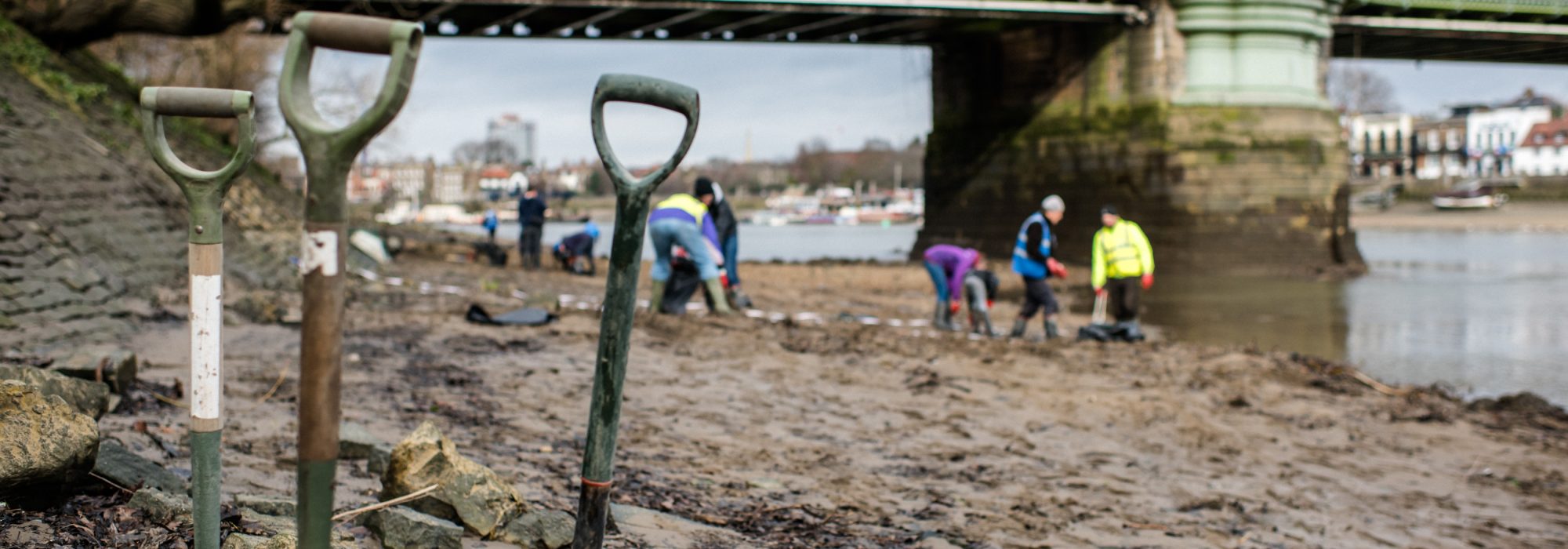Throwaway plastic tax: make your voice heard!
Concerned about the environmental impact of wet wipes, and other types of plastic, on our rivers and coastlines? You can help contribute to the solution by responding to the government consultation on a throwaway plastic tax.
A charge on single-use plastic could become a reality in this year’s budget – if the government is convinced.
The consultation on methods for reducing single use plastic ends at midnight this Friday 18 May. It will look at whether charges can help reduce plastic pollution by reducing unnecessary plastic production, increasing reuse, and improving recycling rates.
https://www.gov.uk/government/consultations/tackling-the-plastic-problem
You can email the Treasury at ETTanswers@hmtreasury.gsi.gov.uk
We’ve created a template letter to help save you time – feel free to rephrase our letter in your own words. There are four key questions to answer. You can also respond via the 38 Degrees website.
Dear Philip Hammond,
Please find my response to your open consultation: ‘Tackling the plastic problem’.
In response to question 13. What factors influence consumers’ choices related to single-use plastic items. How can the government encourage the re-use of these items?
* It is almost impossible to avoid single-use plastic on the high street. Our supermarkets alone produce 800,000 tonnes of plastic waste a year, according to the Guardian. Much of this plastic is not recyclable, let alone reusable. The Government must act now to stop commerce and industry from producing a vast amount of unnecessary, unrecyclable or unreusable plastic.
* Government should ban unrecyclable and problem plastic packaging like polystyrene and black plastic immediately, and encourage people to reuse coffee cups, by introducing a charge set at a level that means disposable cups are phased out in favour of reusable ones.
* Thousands of wet wipes, containing plastic fibres, are being dumped in rivers and coastlines, after being mistakenly flushed down toilets. Government must act immediately to improve misleading labelling on these products, and consider prohibiting any of these items from being marketed as flushable or biodegradable.
* Government should work with the wet wipe industry to educate the wider public to ensure disposal in bins, rather than toilets
* Government should incentivise the wet wipe industry to move away from products which contain plastic or persist in the marine or river environment. It should also encourage industry to prioritise reusable wet wipes over single use.
* All plastics should be designed to be recyclable and standards put in place to facilitate this. Manufacturer marketing measures (such as using coloured plastic, labels that cover the entire bottle, using a vast variety of different types of plastics where one or two would suffice) make recycling either very difficult or impossible, raising the costs for recycling companies. The government should set a clear framework for manufacturers to work within regarding the materials to use, thus providing a level playing field for those in the industry.
14. What are the barriers to consumers choosing alternatives to single-use plastic items, and how responsive would consumers be to price changes?
* Alternatives are not commonly available and often consumers have no choice but to buy products unnecessarily wrapped in plastic, such as for fruit and vegetable produce in supermarkets. This makes it less convenient and more expensive to avoid single use plastic when shopping at supermarkets.
* Well-designed charges work well but the government should target manufacturers and retailers, especially supermarkets, to dramatically reduce the amount of throwaway plastic that is produced in the first place.
15. In what way, and to what extent, do the decisions of producers and retailers influence consumer choice?
* Supermarkets and businesses need to reduce the amount of single use plastic packaging they sell products in. Government needs to send a clear signal to businesses that they must switch to sustainable alternatives.
16. In your opinion, how can the tax system or charges play a role in delivering better environmental outcomes at this stage?
* The tax on plastic bags has proved very effective in cutting this source of plastic pollution.
* Charges on single use items such as cutlery, plastic cups and lids would encourage producers to offer alternatives, and remind everyone at point of purchase that these items are damaging. Plastic that is produced using recycled plastic, and that will be recyclable should be taxed less.
* If single use plastic items were made more expensive, consumers would look to avoid or replace them. However the main burden must not fall on consumers but on producers. Producers should pay more for using material that causes huge environmental problems. It is the responsibility of retailers and producers to ensure their products are not hazardous to our health and the environment.
* Levies raised through taxes on single-use items should be ring-fenced to provide funding to environmental and community projects along the lines of the Landfill Tax. This ensures that there is a positive feedback loop and that the levies stay within the community that they have come from.
* Government should target the companies that make, sell and use plastic packaging to dramatically reduce the volume of plastic created, and ensure a shift to sustainable alternatives.
* Government should ban non-recyclable plastic packaging immediately, like Styrofoam, hazardous plastics like PVC and non-essential items like stirrers and sachets, and straws for those that don’t need them.
* Government should act on MPs’ recommendations and implement a charge on disposable coffee cups.
* Overall, any taxing system should reinforce the following principles, in this order of priority: refusing (saying no to plastic) reducing (minimising use of) and recycling (if you bought it and it can’t be reused, make sure it’s recycled).
Yours sincerely,
[Insert your name]
